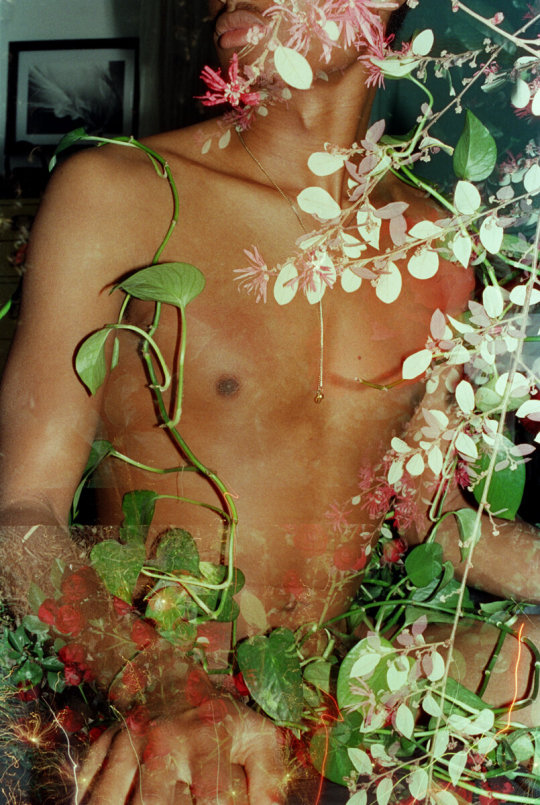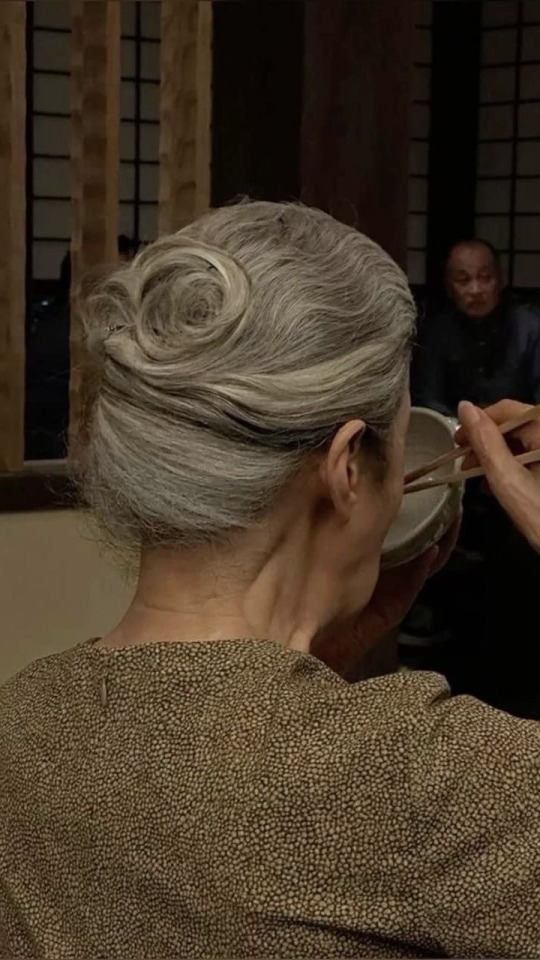Text
also as it turns out. trying to replace "nothing" with "everything" is, while extremely tempting, neither feasible nor advisable, and the quickest route back to "nothing"
4 notes
·
View notes
Text
I remembered what it was specifically and now that ive identified it the only thing to do is continuing to try and better myself. I can't sit and wallow without taking action. Whatever comes of tomorrow I must accept and move forward
something is deeply wrong w me. like psychologically.
6 notes
·
View notes
Text
something is deeply wrong w me. like psychologically.
6 notes
·
View notes
Text
“Begin doing what you want to do now. We are not living in eternity. We have only this moment, sparkling like a star in our hand – and melting like a snowflake.”
— Francis Bacon (b. 22 January 1561)
3K notes
·
View notes
Photo

Headaches Are Not From God. Sayre, OK 73662
49K notes
·
View notes
Text
sorry 50% of tumblr users don't go 2 the club that's tragic . what are u doing if not poppers
6 notes
·
View notes
Text
“I am at my loneliest when I have something to celebrate and try to share it with those I love but who don’t love me back. There’s always silence at the end of the phone.”
— Karen Finley, excerpt from “The Black Sheep”
4K notes
·
View notes
Text
I love texting millennial faculty members girl who put you in charge...
2 notes
·
View notes
Photo

Anti-coalition graffiti outside the Saudi embassy in Sana’a, Yemen, reads: “The Yemeni people will kneel before no one but God”.
3K notes
·
View notes










